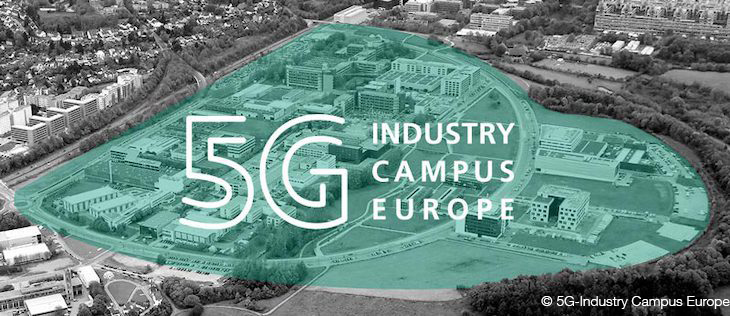Electromagnetic waves are suitable for the wireless transmission of signals in a limited frequency range. To ensure efficient use of this finite resource, international harmonisation agreements are made. At the national level, allocations to specific radio services are made in the Frequency Ordinance.
Frequencies can be allocated to the general public, service operators (e.g. Deutsche Telekom) and private users (e.g. RWTH Aachen University). This allocation takes place upon application to the Federal Network Agency. It regulates and determines the allocation modalities. On the one hand, this creates the greatest possible flexibility for the use of the frequencies, and on the other hand, attention is paid to possible interference in the joint use of a frequency by other users.
In many frequency ranges, the frequencies are allocated individually to a user or radio network operator to protect the applications (so-called individual allocation). RWTH Aachen University has also taken this route in 2019 and applied for a 5G usage licence. The application for this individual allocation must be submitted in text form and must specify the area in which the frequency is to be used.

Area of the 5G-Industry Campus Europe
Source: 5G Industry Campus Europe
In our case, this was the Melaten campus in Aachen. Furthermore, the fulfilment of the subjective requirements for frequency allocation had to be demonstrated with regard to efficient and interference-free frequency use. For the allocation of frequencies, one-time fees are charged according to the Frequency Fees Ordinance.
The key data for the Melaten campus are:
Area 0.8 km², bandwidth 100 MHz, duration 10 years, costs approx. 25,000 € allocation fee. The allocation took place in March 2020 and the network has been in operation since then.
We currently have three indoor base stations with our partners
- Research Institute for Rationalisation (FIR)
- Laboratory for Machine Tools and Production Engineering (WZL)
- Fraunhofer Institute for Production Technology (IPT)
and six outdoor base stations around the Melaten campus.
After completion of the Campus West area, we will also install and commission a 5G network there.
Similar to the Federal Network Agency, RWTH Aachen University also has the task of regulating its allocated frequency spectrum. There must be a practical and sensible coordination around the temporal distribution of resources, otherwise interference would occur between the individual use cases.
The university management assigned this task – 5G network regulation on campus – to the IT Centre, in this case the Networks Department.
Responsible for the content of this article is Frank Meeßen




